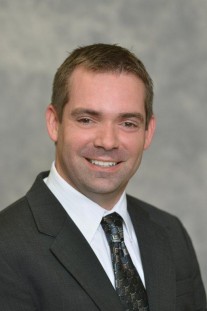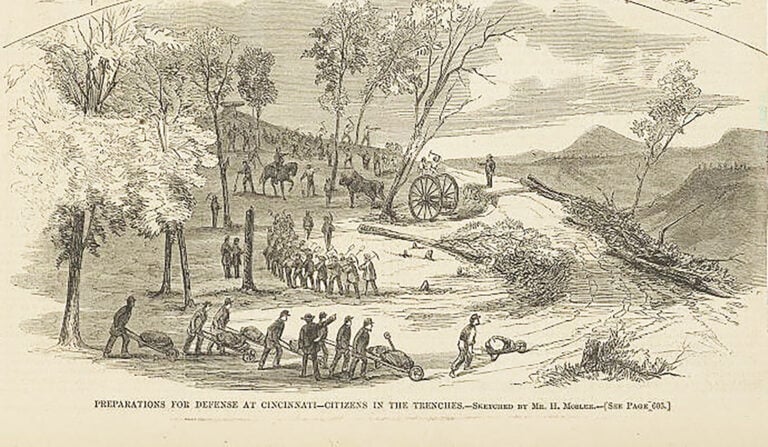When a celebrity experiences a specific illness, that can raise its profile – at least temporarily. After well-known actor Alan Rickman (Harry Potter, Die Hard) died Jan. 14 from pancreatic cancer, the Pancreatic Cancer Action Network urged an awareness campaign for the No. 3 leading cause of cancer deaths in the country.

The Hirshberg Foundation for Pancreatic Cancer Research estimates more than 53,000 Americans will be diagnosed with pancreatic cancer, and close to 42,000 will die from it.
“Certainly pancreatic cancer is not understood as well as more common cancers like breast and lung cancer, and because of that it is important that we raise awareness to encourage more funding for research,” said Daniel Flora, MD, of Oncology Hematology Care (OHC) in Crestview Hills. OHC specializes in cancer and blood disorders.
“More people are dying of pancreatic cancer. It’s important that we increase funding for research. We are making so much progress in drug development in other cancers; we need to apply the same principles to pancreatic cancer.”
Because there is no screening for it, by the time a patient is diagnosed with pancreatic cancer it is often in an advanced stage where curative therapies are not available, Flora said. There are options for surgery or radiation therapy, but it is important that we try to identify patients at the earliest stage possible.
Four symptoms of pancreatic cancer:
Abdominal pain that won’t go away and radiates to your back from your stomach
Unintentional weight loss
Change in color of eyes or skin (jaundice)
Change in color of your stool
Risk factors include: Obesity, chronic inflammation of the pancreas (pancreatitis), diabetes and smoking.
Family history can play a role, too.
“If you have relatives who have had breast cancer, prostate, ovarian or pancreatic cancer, it should raise a flag to your primary care physician,” Flora said.

One example: If you have Ashkenazi Jewish heritage (European descent), then you could be predisposed to a mutation in the BRCA1 or BRCA2 genes. You may recall that Angelina Jolie announced in 2013 that she had a gene mutation that prompted her to undergo a double mastectomy.
“For patients with pancreatic cancer, testing for BRCA1 and BRCA2 may put patients in a position to benefit from research that has already been done in breast and ovarian cancers,” Flora said.
St. Elizabeth offers genetic counseling at Edgewood and Ft. Thomas.
“While many advances in other cancers have been made, we’ve made little progress with finding effective therapies for pancreatic cancer over the last two decades,” Flora said. “For this reason it is increasingly important that patients participate in research studies to find better treatments.”
SmartHealthToday is a service of St. Elizabeth Healthcare.

















